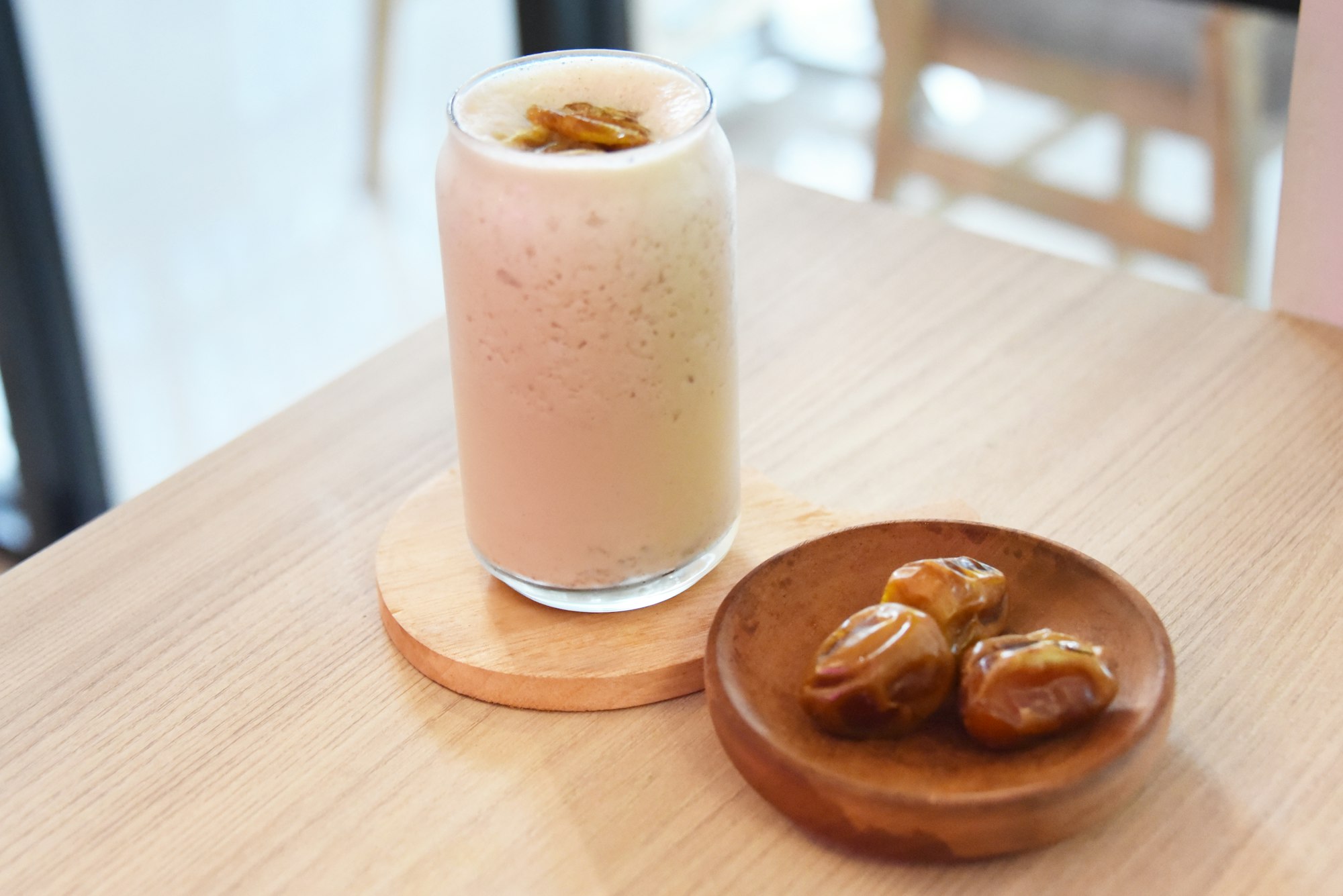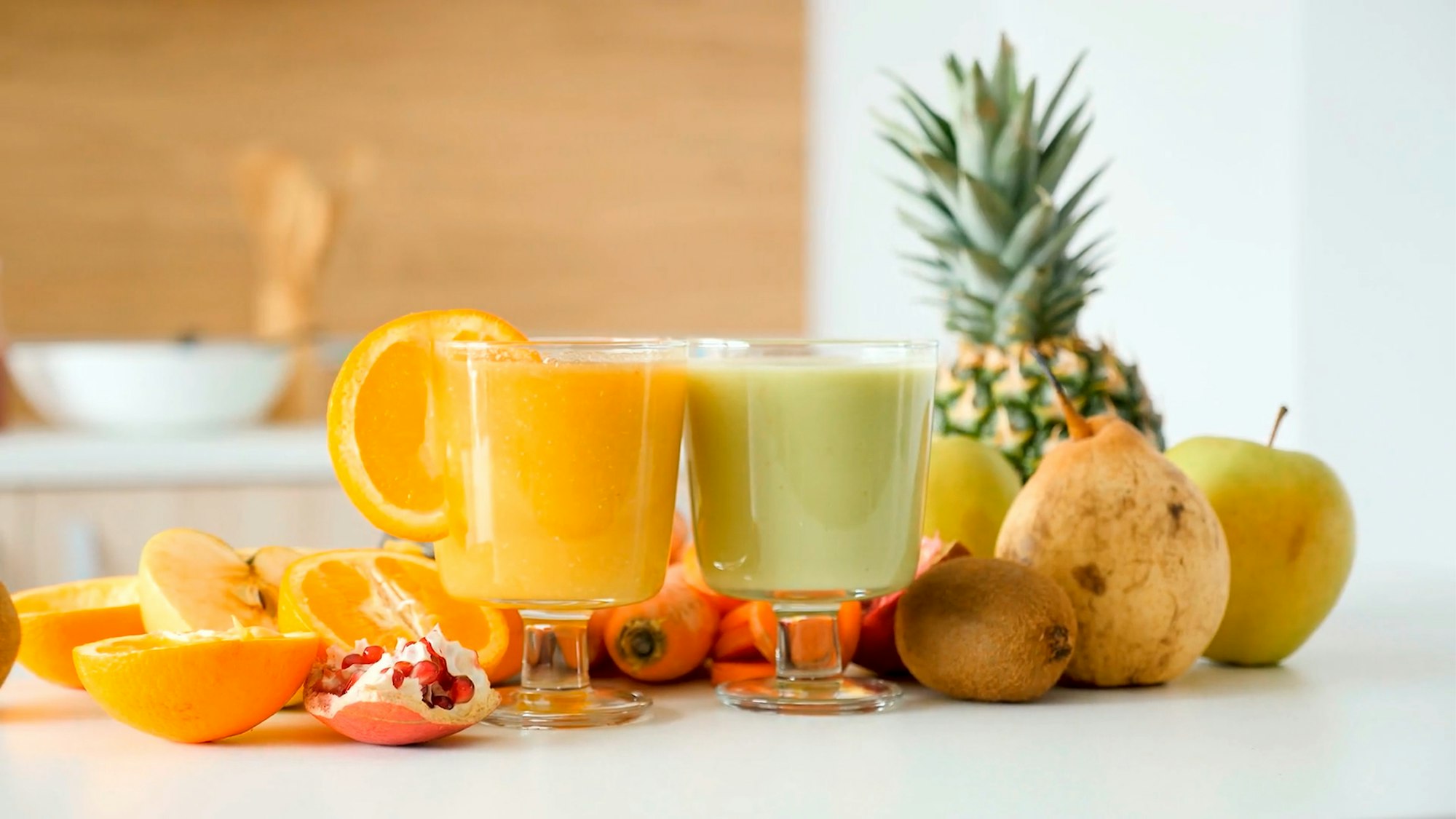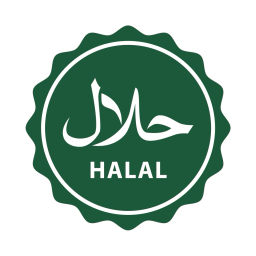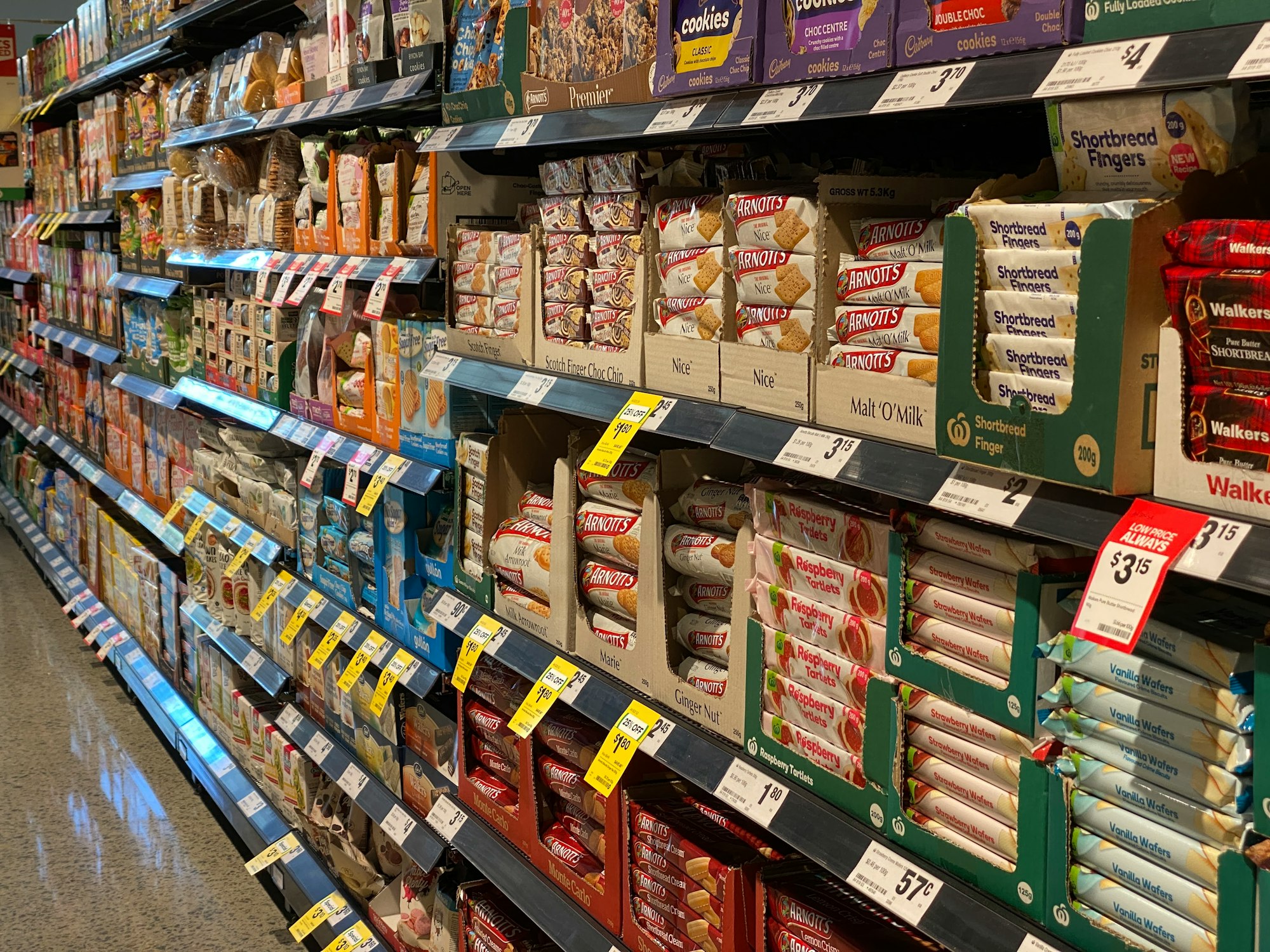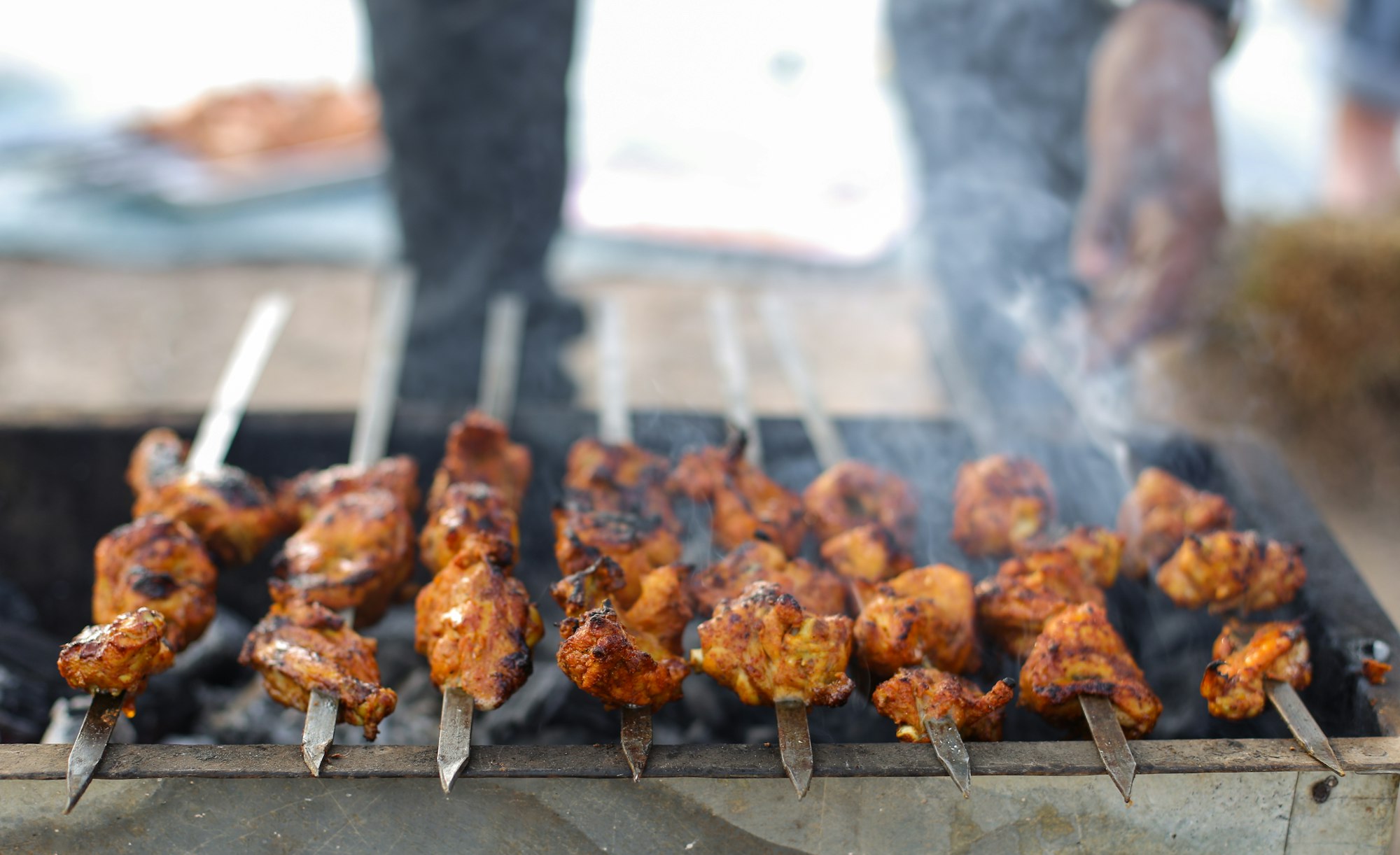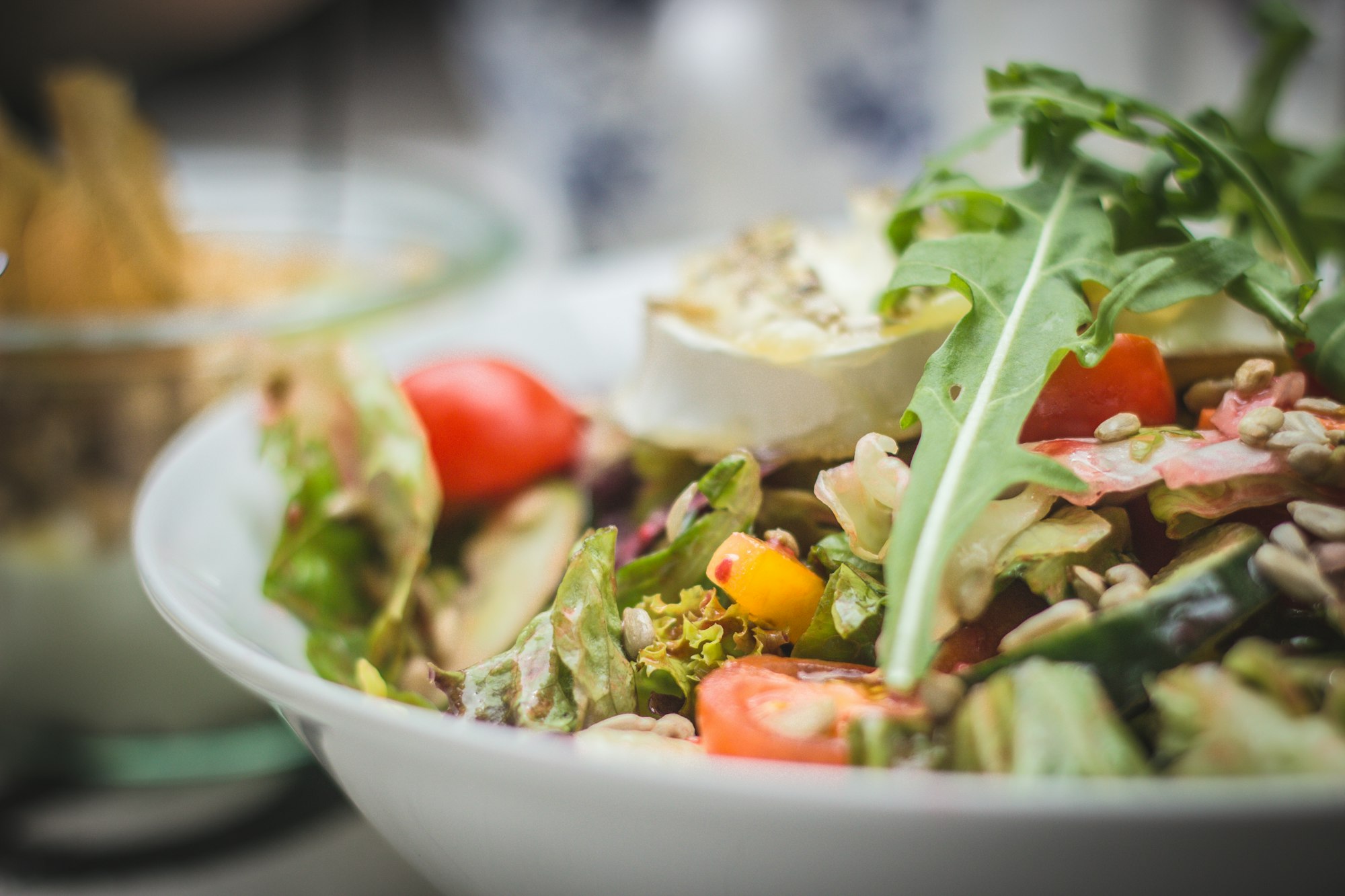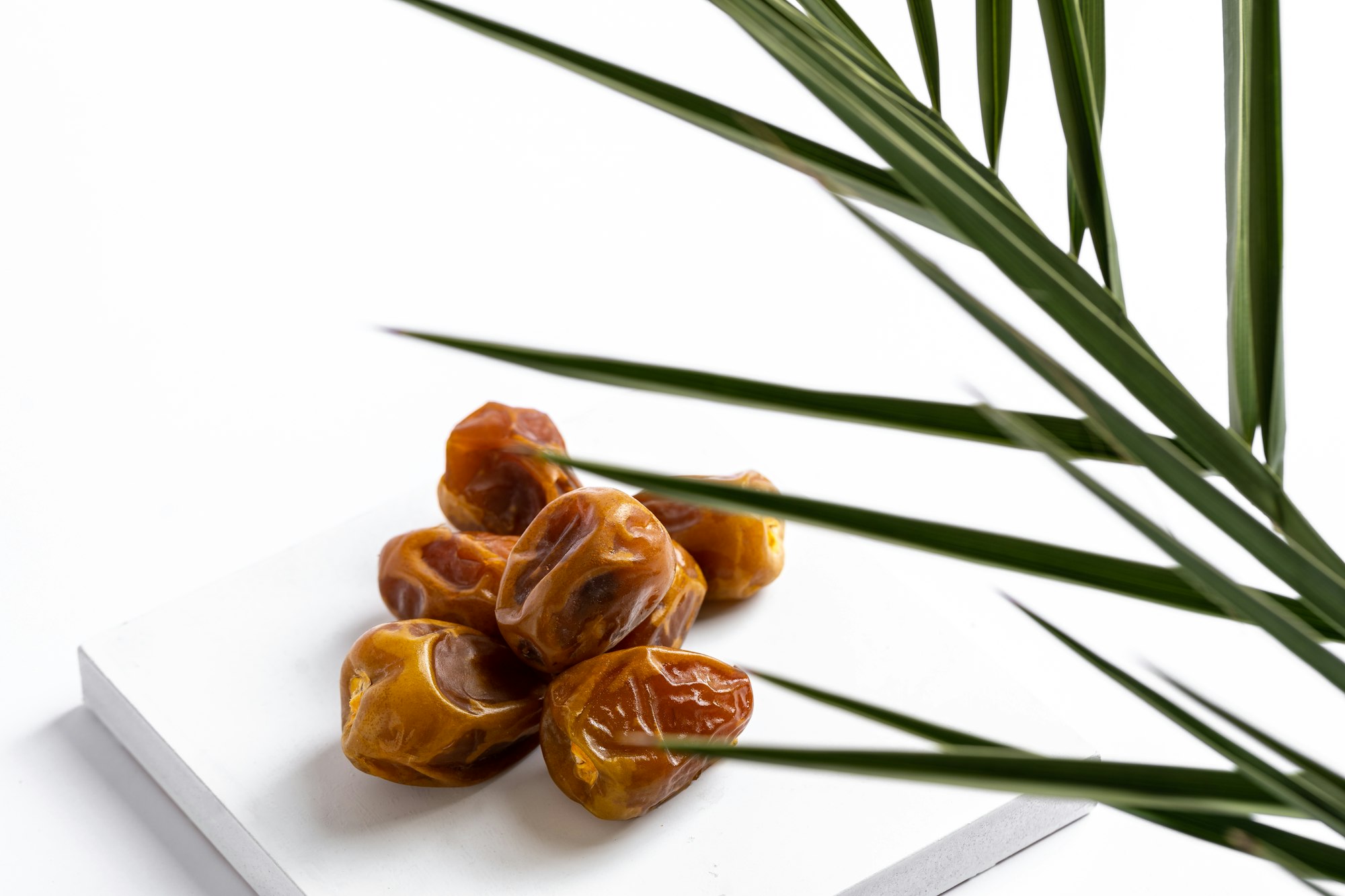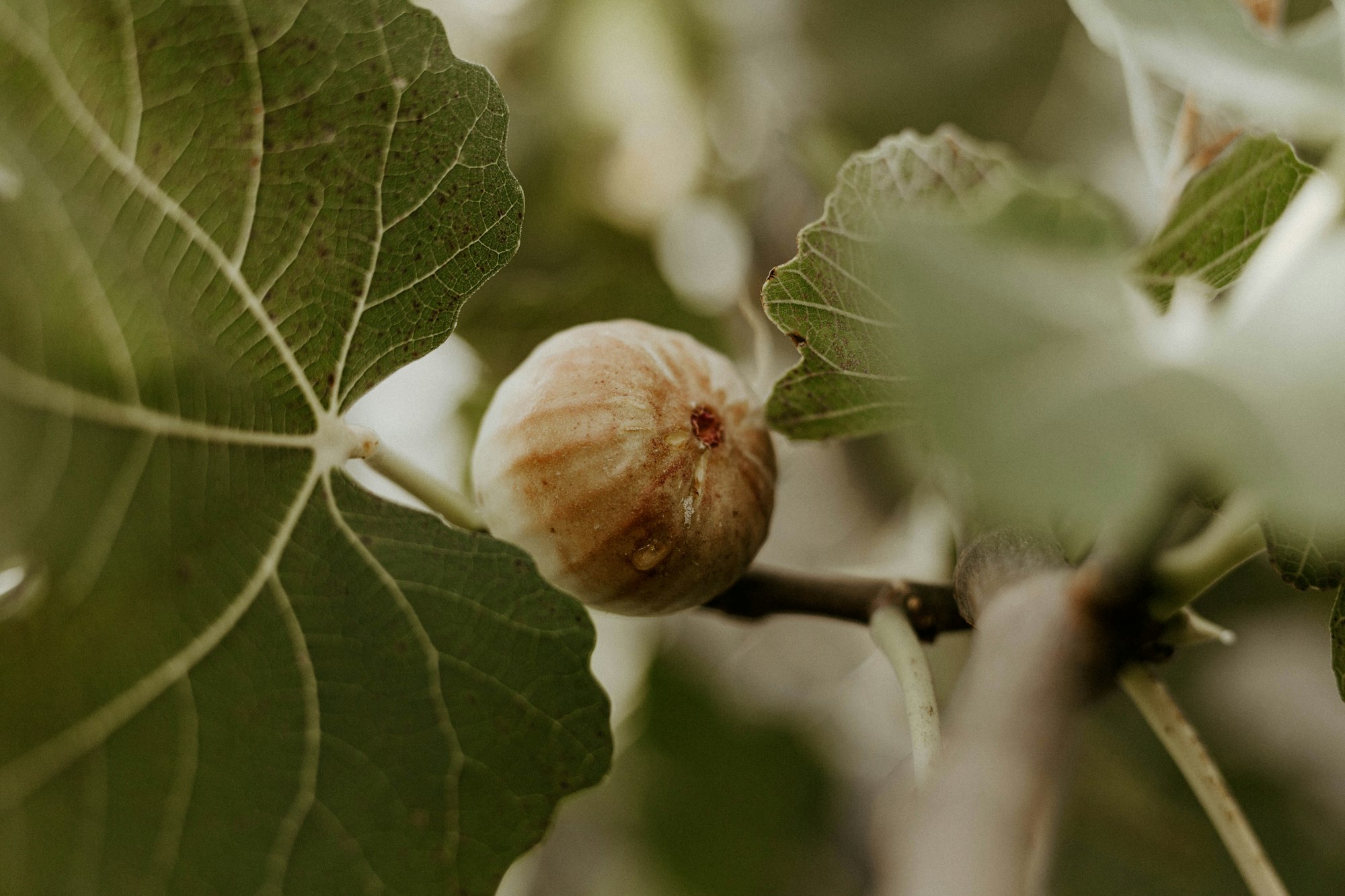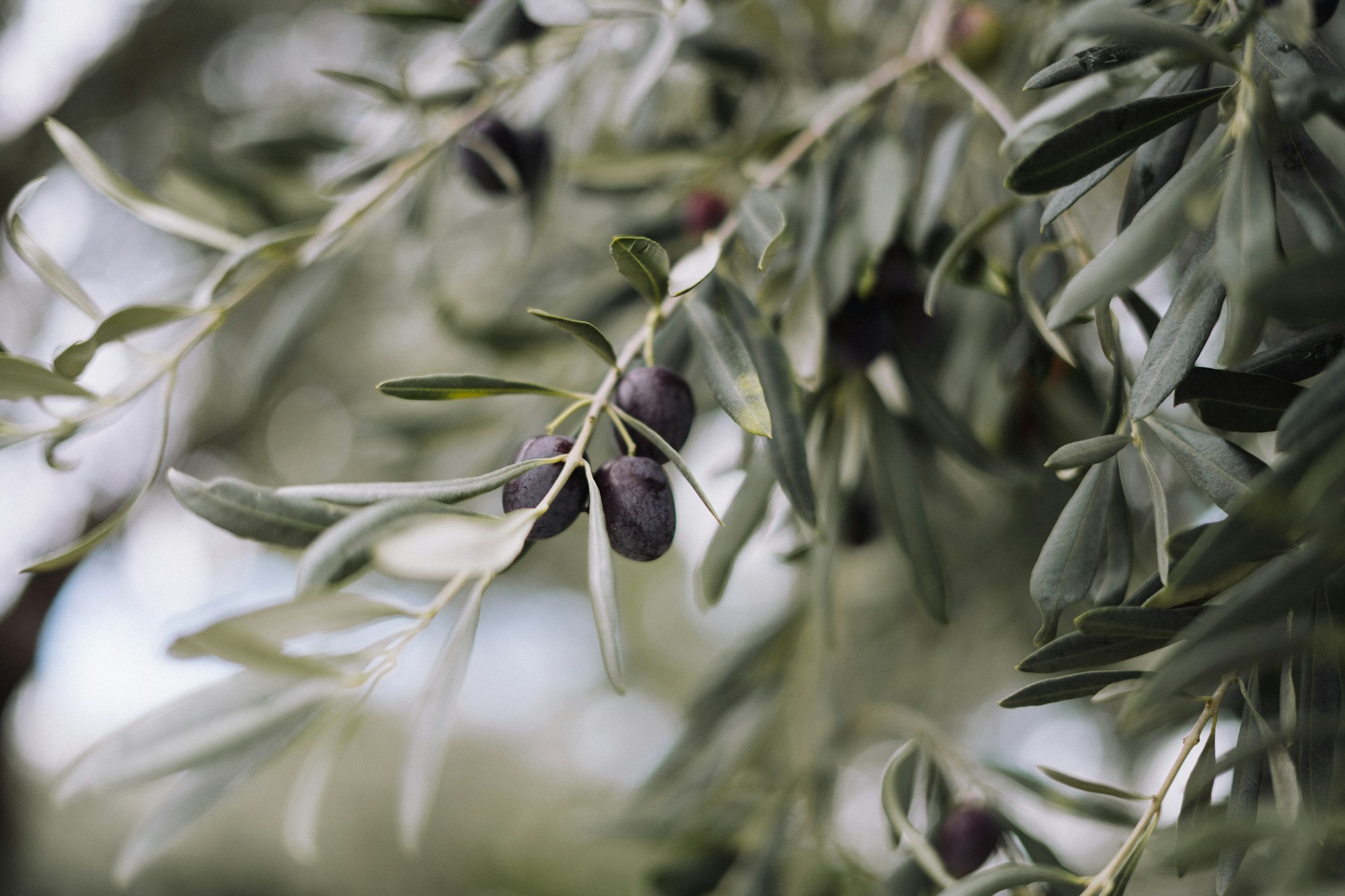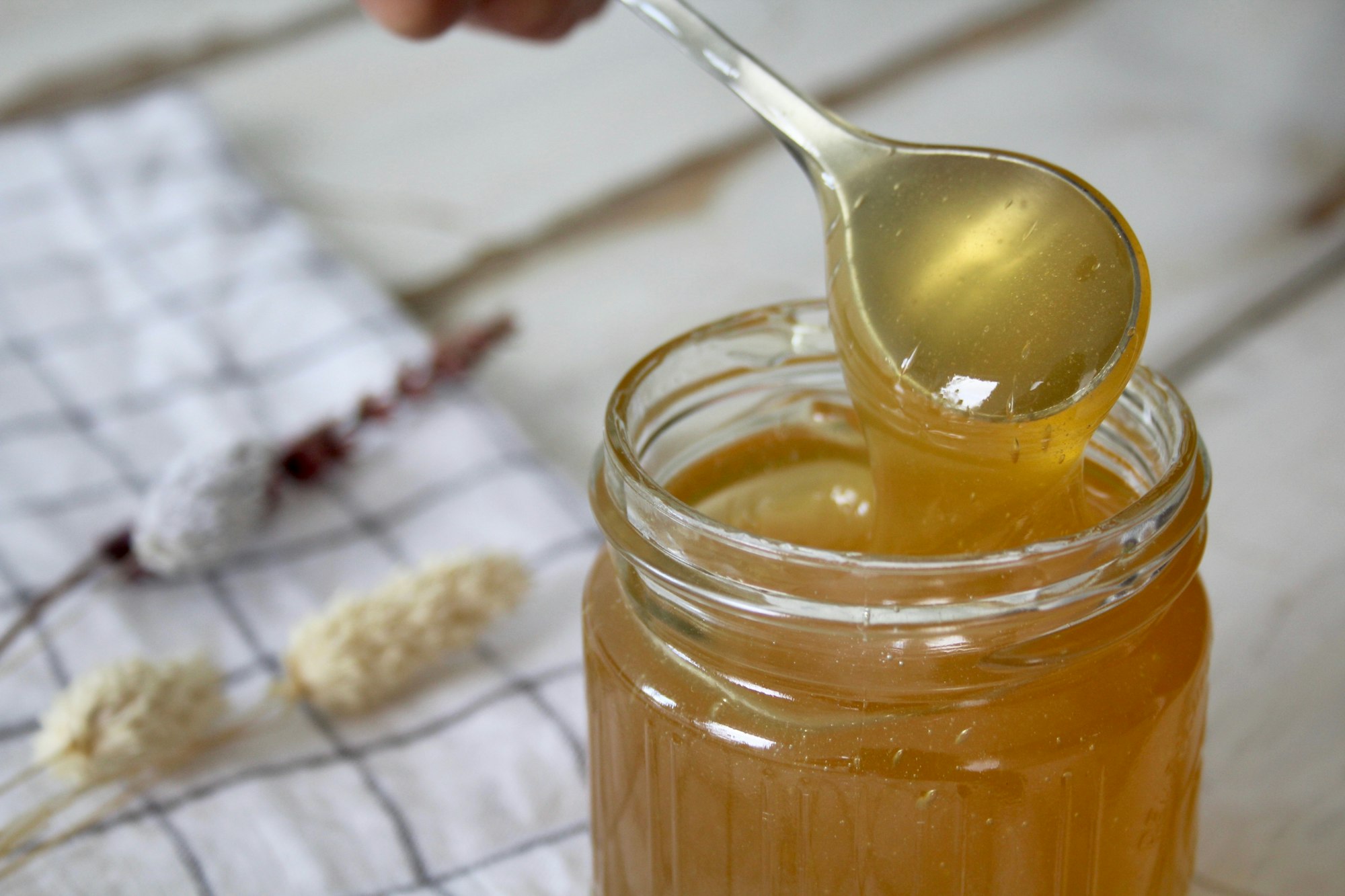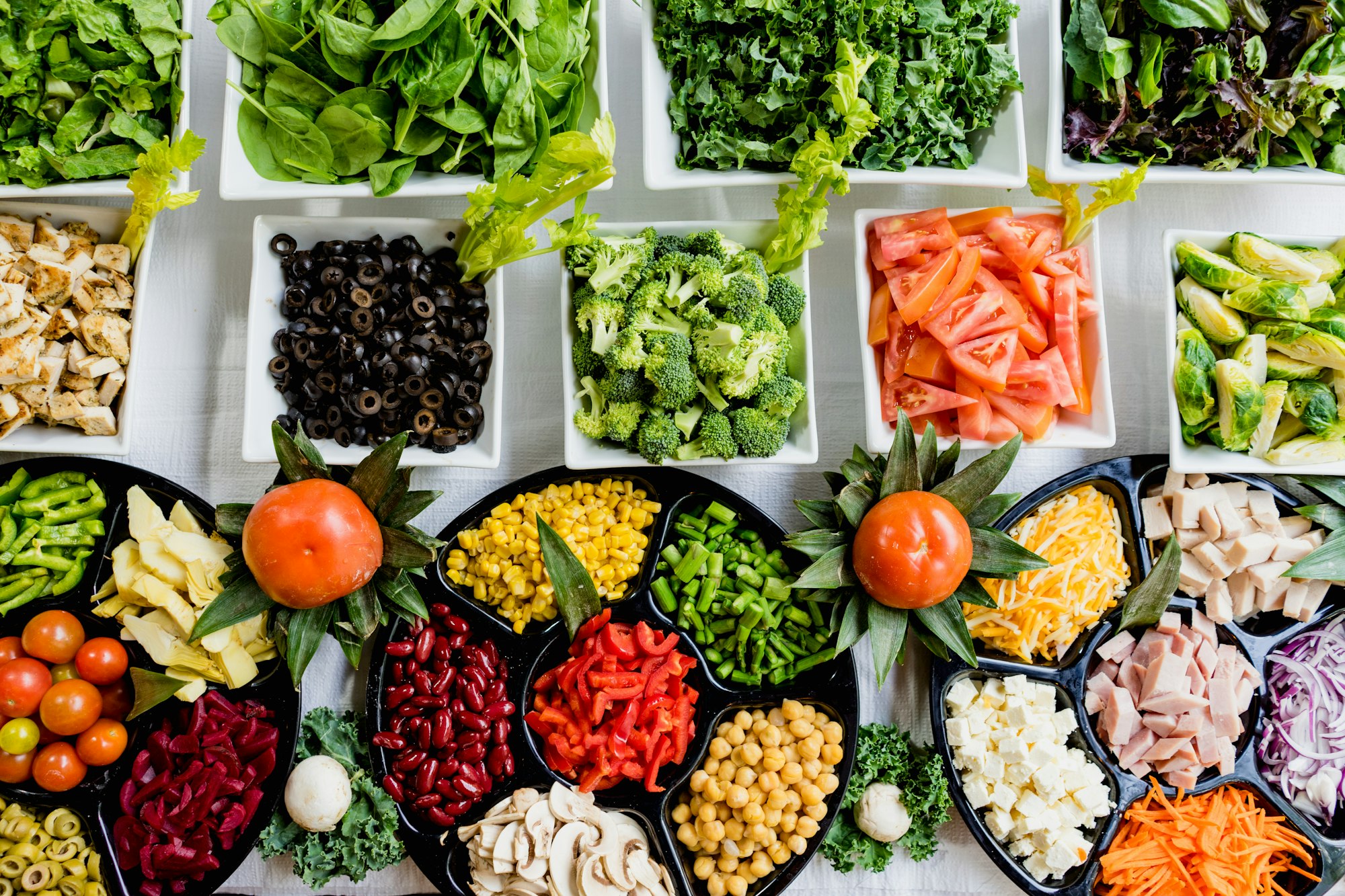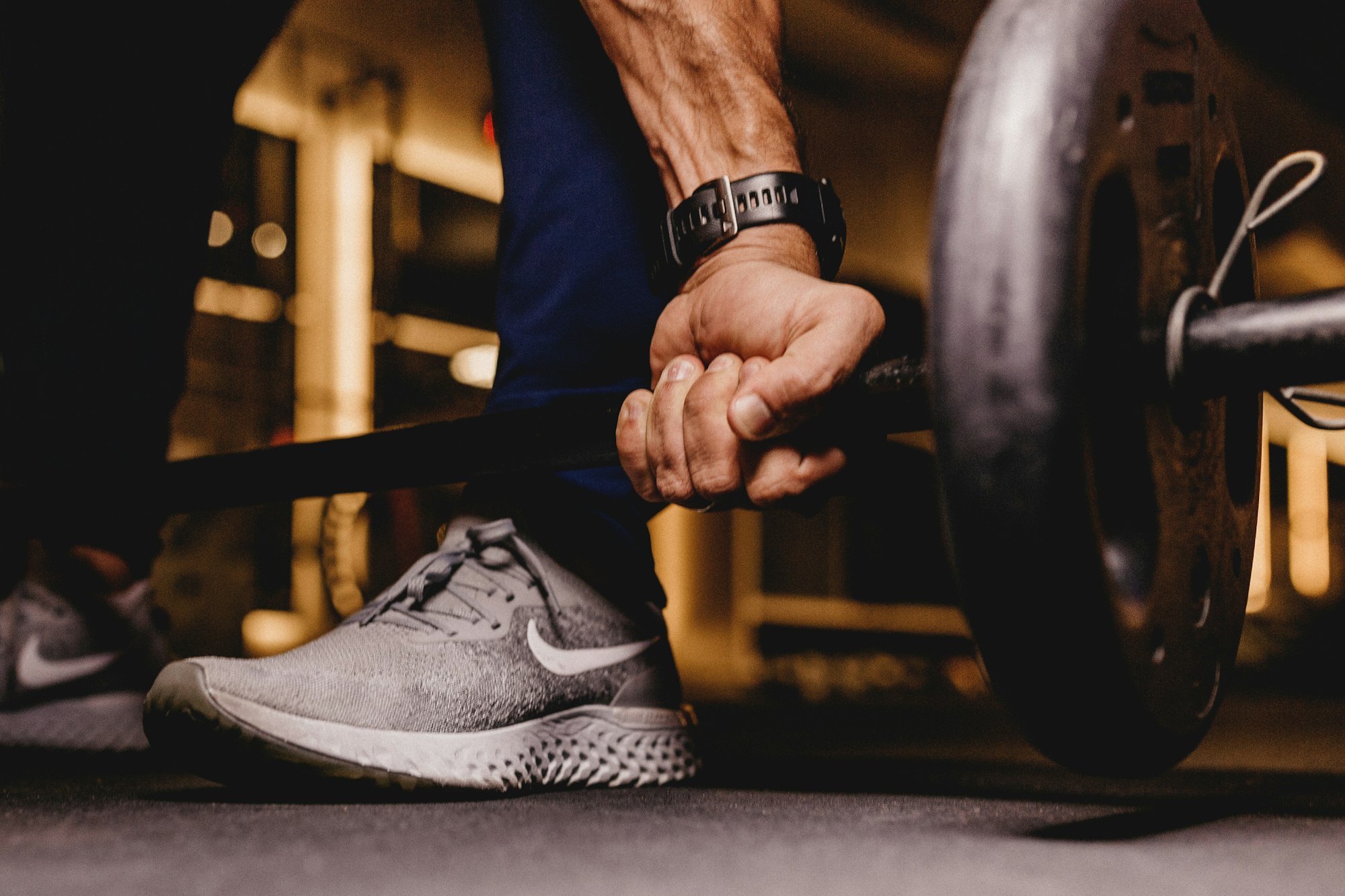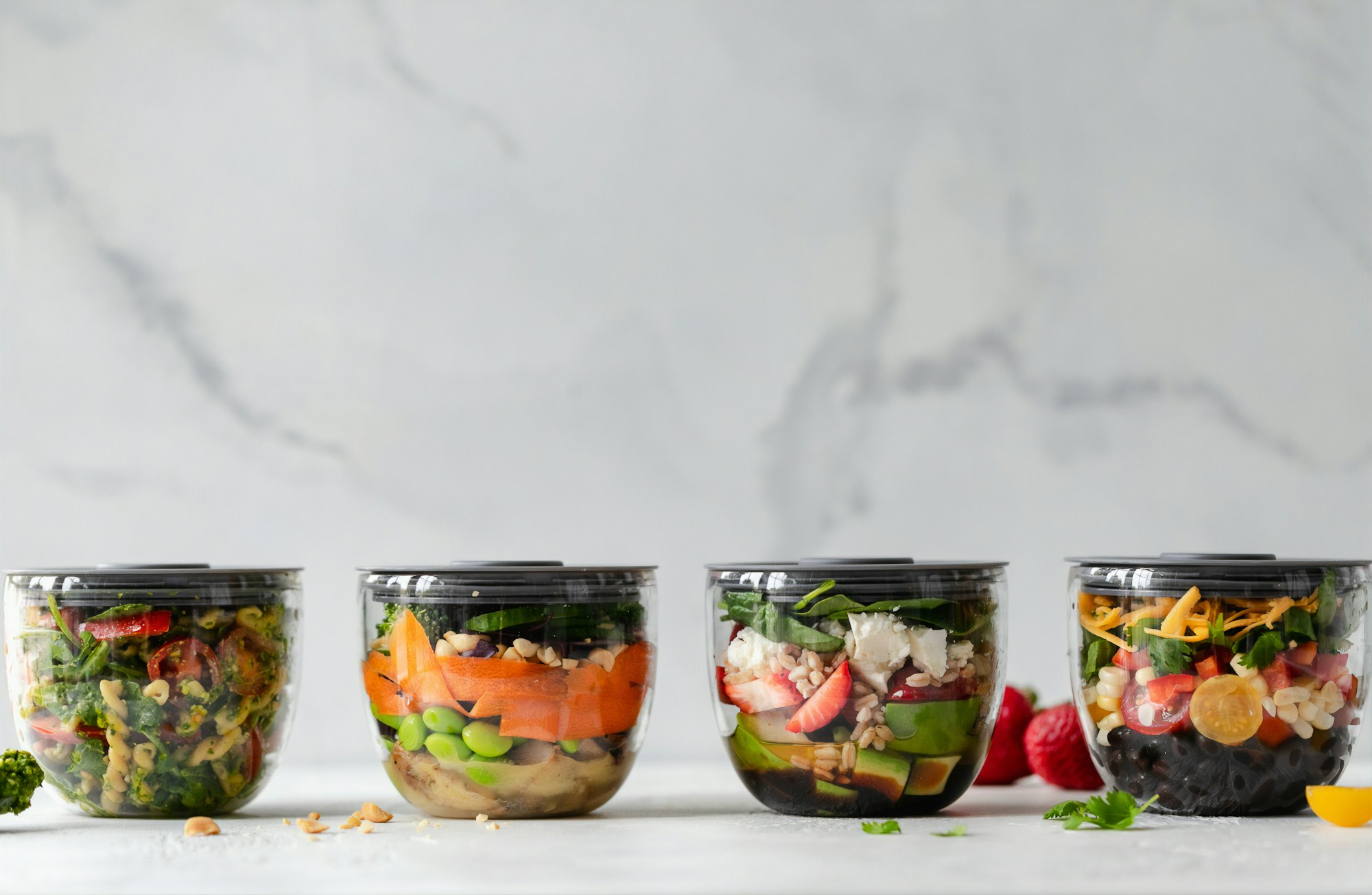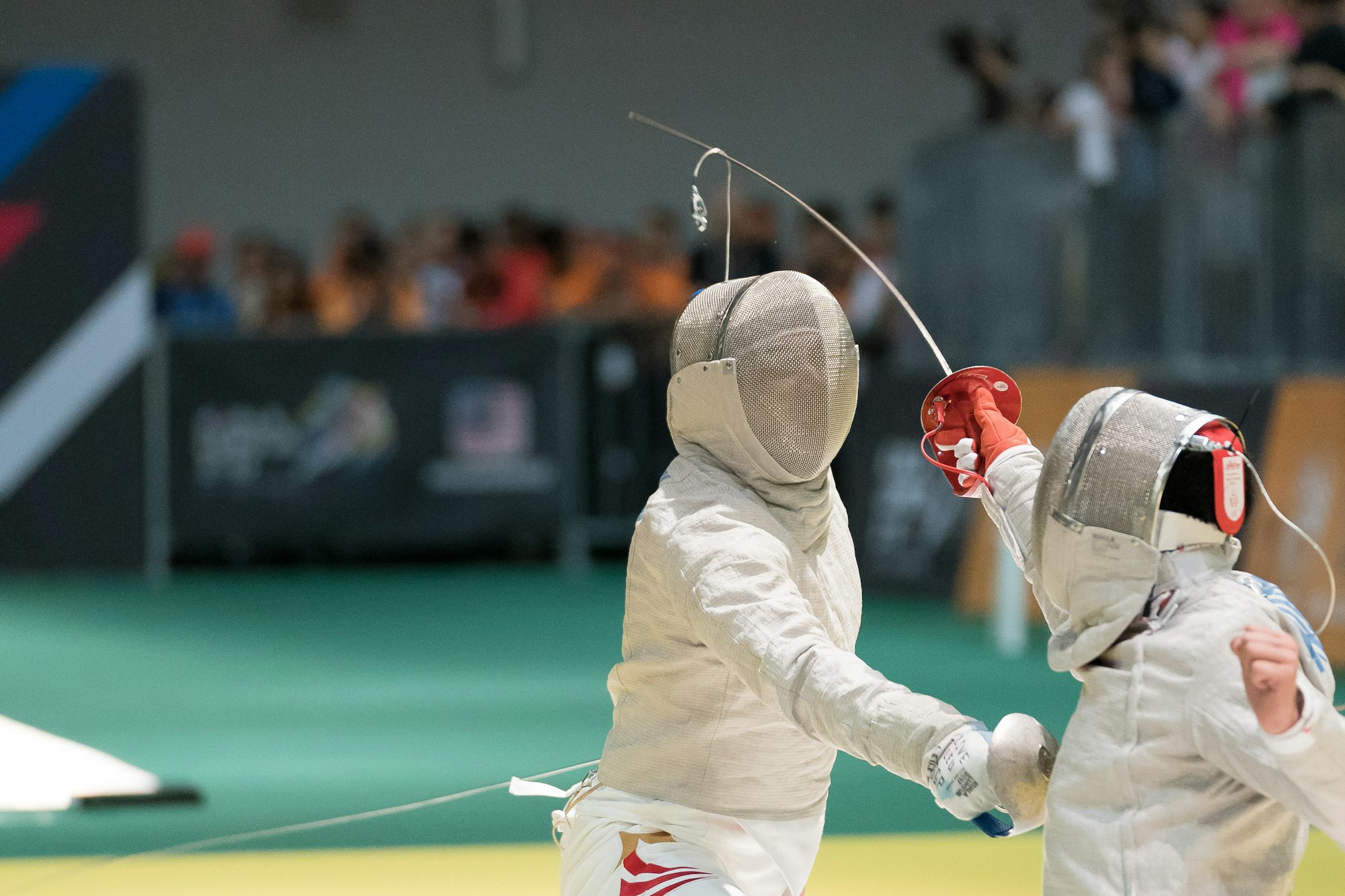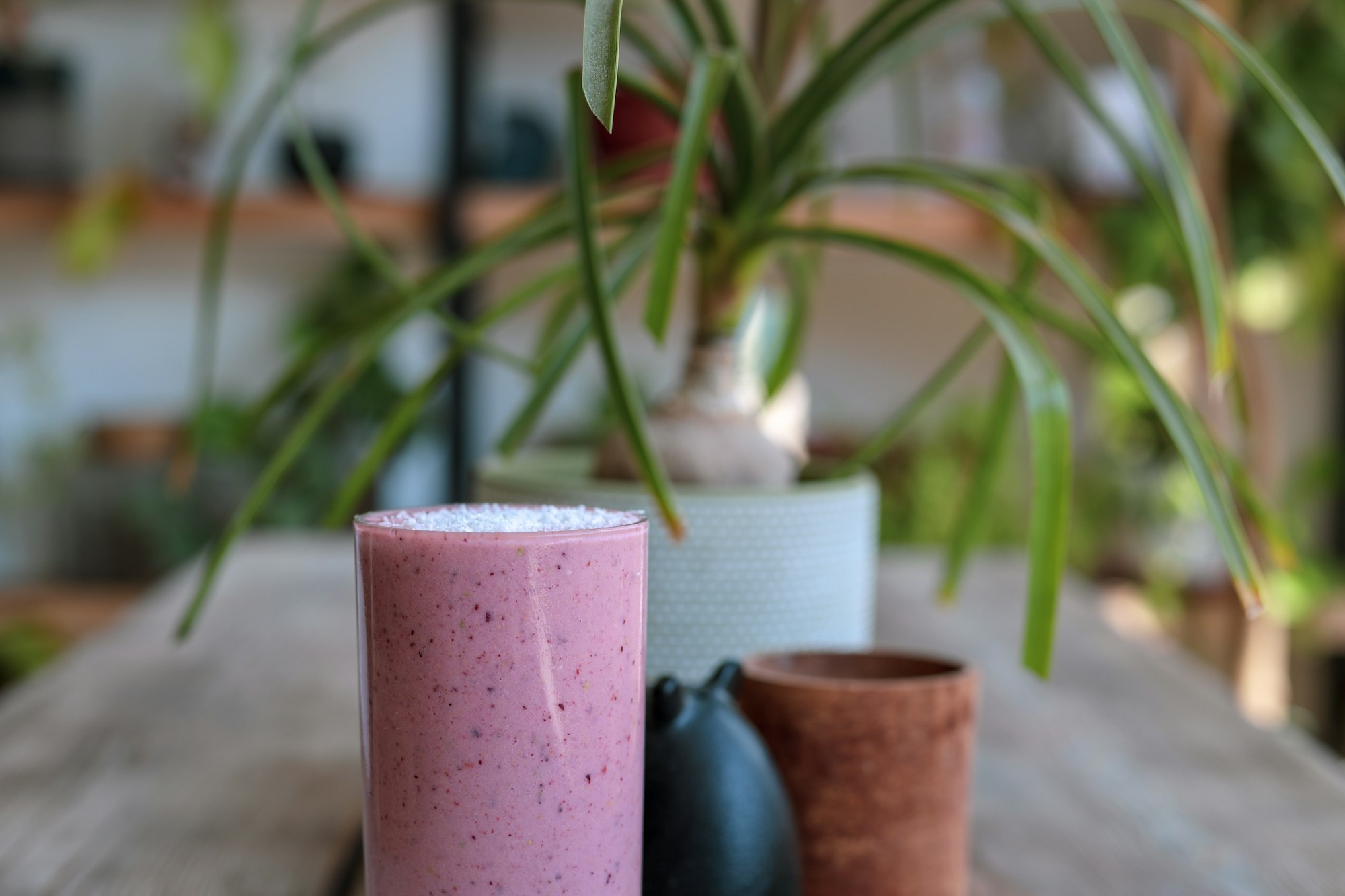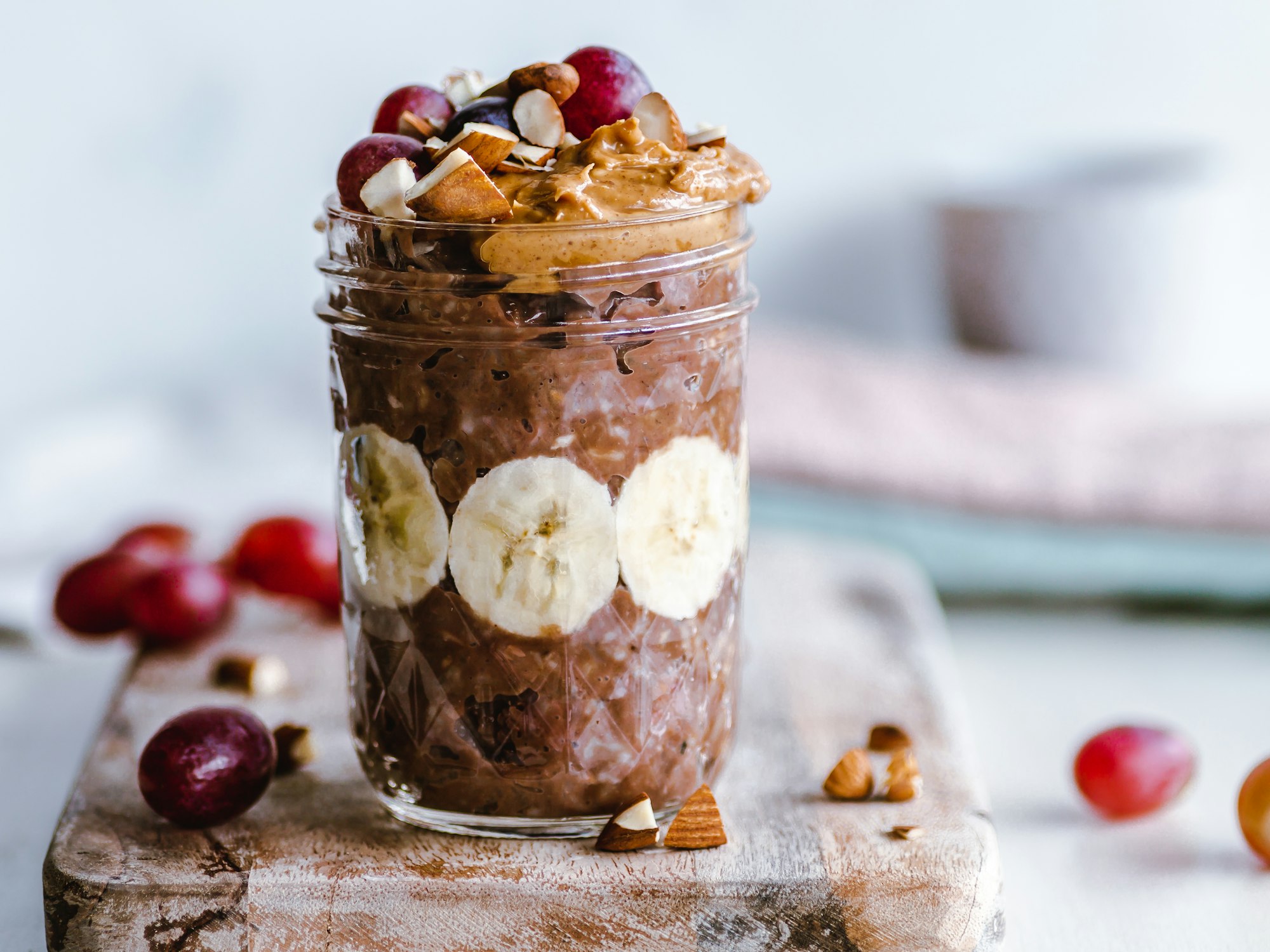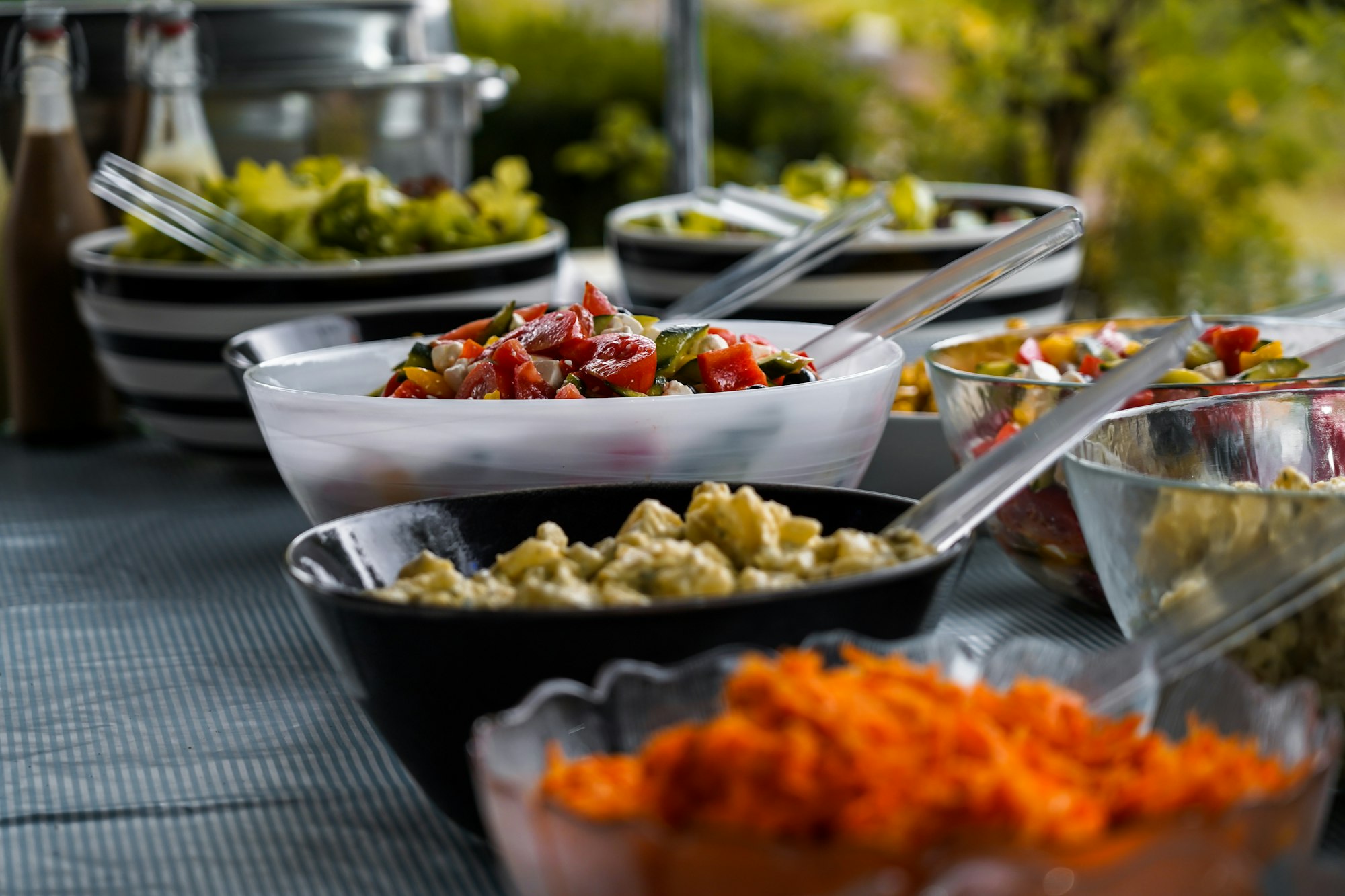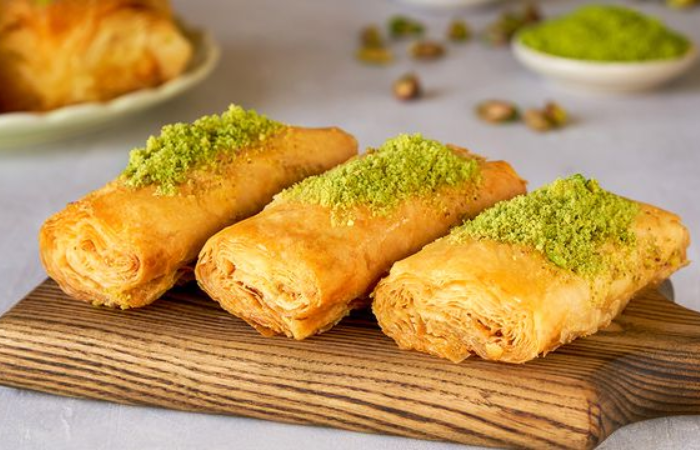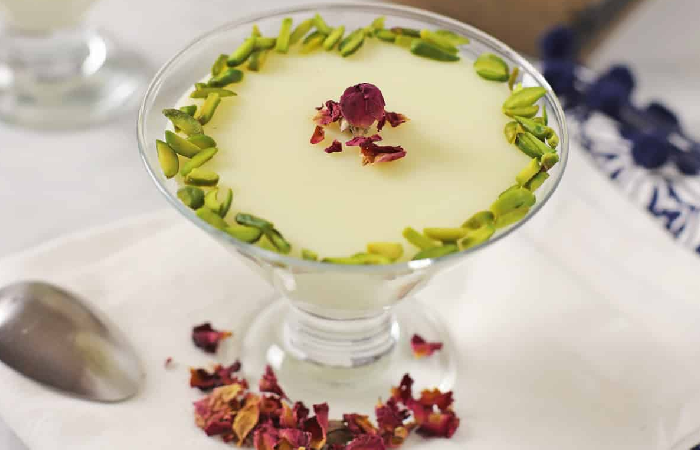Halal Diet and Fitness
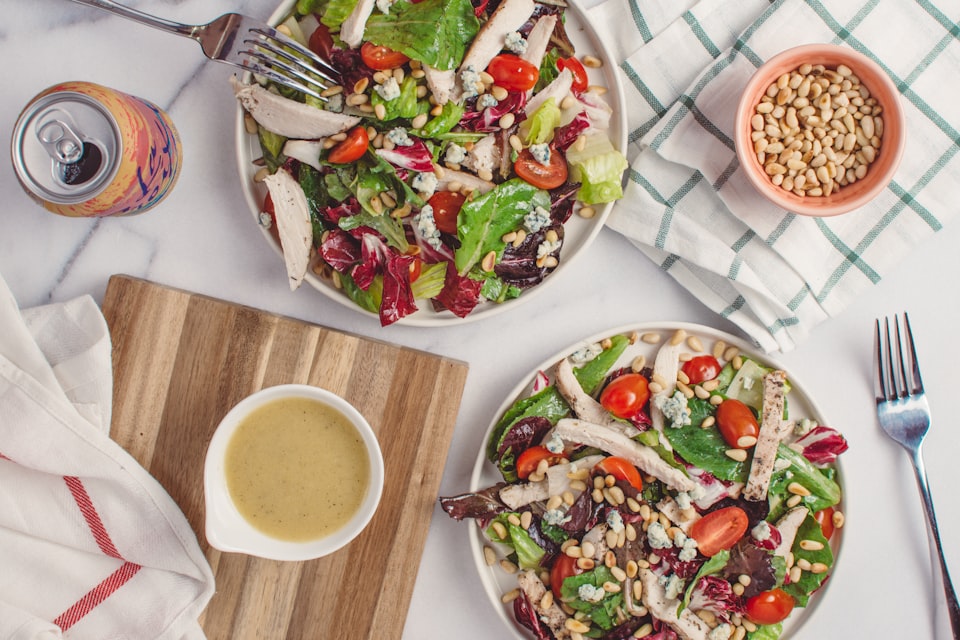
Introduction to Halal Diet and Fitness
A Halal diet is an excellent way to maintain a fit and healthy lifestyle, which everyone should strive for. The food items that Muslims are permitted to eat by Islamic dietary standards make up a halal diet.
What is Halal Diet: Principles and Benefits in Islam
What is Halal Diet?
Any decisions you make during the day to guarantee that your complete diet complies with Islamic dietary guidelines, including where to get ingredients, how to prepare meals, and even how to prevent cross-contamination. The entire set of customs and laws controlling what Muslims eat and how much of it is known as the Halal diet.
Principles of Halal Diet
The three primary principles of the halal diet are morally righteous slaughter, hygiene, and purity. Among the crucial elements are:
Halal foods: Halal cuisine includes a broad variety of foods, such as:
- Fruits and vegetables
- Cereals and grains
- Dairy goods
- Eggs
Foods that are Haram (forbidden) in the Halal diet include the following:
- Pork and items made from pork
- Intoxicants and alcohol
- animals that weren't murdered in accordance with Islamic law or that passed away before being killed
- Blood components and blood
- Animals that hunt and birds of prey
Sourcing and preparation: Purchasing food from reputable and clean suppliers is another key component of the Halal diet. This involves making certain that food preparation adheres to hygienic norms and that slaughterhouses follow Islamic guidelines.
Benefits of Halal Diet in Islam
A person's health may benefit from eating healthily as well as adhering to the guidelines of a Halal diet. A halal diet eliminates pig and their byproducts, food that is still laced with animal blood, birds of prey, and animals that have been slaughtered for any reason other than religious slaughter. Non-visible ear animals on land are forbidden as well.
- Muslims are obligated to take the best possible care of their own bodies. Making sure the diet is nutritious and of high quality is one of the most basic strategies to do this. Eating a healthy diet also helps the brain, immune system, and metabolism. Additionally, sustaining the body's general health depends on metabolic function.
-
Islamic butchery mandates that all of the blood be removed from the carcass in order to produce meat that is healthier, fresher, and free of bacterial development. Furthermore, because this form of slaughter is quick, painless, and efficient, the meat is free from fear chemicals, which instill dread and anxiety in people. This results in meat that is healthier for the body and the mind.
-
We may drastically reduce the quantity of cholesterol in our diets by avoiding pork and its byproducts. It is a major component in the development of heart disease. Pork also has a high amount of saturated fat. Lard from hog byproducts, which is heavy in saturated fat and cholesterol, is used in many baked goods. Individuals who substitute plant-based fats like canola, sunflower, or olive oil for animal fats like lard will be much less likely to suffer from the negative effects of pork.
-
Excessive alcohol use can have detrimental consequences for the brain, pancreas, and liver. Drinking too much alcohol can result in deadly strokes as well as liver damage. Eliminating alcohol from the diet guarantees that none of these negative consequences will happen and that people's health will improve significantly even after the first week. This is contributing to the growing obesity issue. For those who want to slim down, cutting back on alcohol will help them do so much more easily.
The Connection Between Halal Eating and Physical Fitness
Healthy choices are based on the halal dietary framework. Halal eating can have a beneficial impact on general health and physical fitness when combined with self-awareness, educated food choices, and frequent exercise.
Islam has placed a strong focus on leading a healthy life since it holds that being in good health is a prerequisite for happiness. People would therefore be able to live appropriate and deliberate lives if they led healthy lifestyles. Islam has also placed a strong emphasis on using one's mind in every aspect of life, so how can an unwell mind be able to think clearly? Not at all! To live a better life, one must therefore be physically and emotionally fit.
We should take care of our physical well-being because, as the creation of Allah, we all belong to Him, and to Him we must return. Additionally, since Allah gave us this body, we should one day give it back to Him. As a result, it is our responsibility to care for the bodies that Allah has given us and to submit them to Him in optimal shape. Because our bodies don't deserve such harsh treatment, we shouldn't neglect or mistreat them in any manner.
The Prophet (PBUH) stated:
"Although there is good in both, Allah loves and respects the strong believer more." (Muslim).
The mentioned hadith does, in fact, focus mostly on a person's strength of character and faith, but it also strongly advocates for physical well-being. This implies that it is the responsibility of Muslims to maintain healthy physical, mental, and spiritual wellness.
Overview
The Halal diet offers a strong basis for healthful decisions that might help achieve fitness objectives. Nutrients that are essential for physical fitness can be found in abundance in fruits, vegetables, whole grains, and lean proteins that are supported by the principles of Halal. Furthermore, Halal teachings' emphasis on moderation and mindful eating can support sensible calorie intake and portion control.
Furthermore, eating meat grown to higher ethical and maybe nutritious standards may result from the Halal principles emphasis on ethical sourcing. Finally, following dietary restrictions based on religion can promote a feeling of calm and wellbeing, which may increase motivation and exercise regimen consistency.
Readers can improve their physical and mental health and build a sense of community with people who share similar interests in faith and fitness by learning how to eat Halal food optimally for their fitness objectives.
Understanding Halal Food Regulations
Muslims follow a Halal diet since the Arabic word "halal" means "permissible" and because certain foods are prohibited by Islamic rule. Foods and substances deemed prohibited or 'haram' consist of:
- Pork or any goods made from pigs, such as gelatin
- Carrion
- Every carnivorous animal
- All substances that intoxicate, including alcohol
- Amphibians, frogs
- Though some Muslims abstain from shellfish (shrimp, lobster, crab, clams, etc.), the majority of Muslims view all fish as Halal.
Detailed Explanation of Halal Food Standards
The broad range of regulations that govern halal food standards apply to all aspects of food production. Any type of food that is permitted for Muslims is referred to as halal food. Meat-wise, only camels, horses, rabbits, and several types of poultry are considered halal, along with cows, goats, and sheep. Any food that is prepared with halal ingredients is referred to as halal food. Since the method of slaughter establishes whether something is halal or not, all animal products—meat, bones, and wool—can be regarded as halal. Muslims must be aware of these guidelines to ensure that the foods they eat follow Islamic law.
What Ingredients make up Halal Food?
In Islam, food and drinks are referred to as halal when they are approved or permitted. There cannot be any prohibited or haram components or substances in halal products. Additionally, they ought to be produced and maintained with equipment and utensils, according to Islamic law.
Meat, portions of fruits and vegetables, rice, cereals, pasta, etc. are a few examples of halal ingredients. All permitted foods, primarily those derived from animals, can be found in halal cuisine. As a result, meat from sheep, cattle, goats, and camels, as well as meat from horses, chickens, or rabbits, may be considered halal components.
Need for Halal Standards
The global Muslim consumer base's growing knowledge is driving up demand for real Halal cuisine. Aside from meat, a number of other food-related topics have received media attention lately. In addition to the new technology employed in food processing, food additives such as flavors, oils, enzymes in cheese, and a host of other derivatives have further complicated the picture.
For food goods to be deemed Halal, they must be free of alcohol and pork derivatives, which should be recognized and avoided in a variety of products. It is now crucial for both manufacturers and consumers to establish and implement Halal processes for processing both consumable and non-consumable commodities.
The Importance of Halal Food Standards
-
Muslims must ensure that their dietary choices align with Islamic teachings. They must adhere to halal food standards.
-
Eating pure, unadulterated food is highly valued by Halal standards since it improves bodily and spiritual well-being.
-
Ethical considerations: The value placed on ethical sourcing and treating animals with affection is consistent with Islamic teachings on compassion and environmental preservation.
-
Community and identity: Observing halal food laws promotes a global Muslim community's sense of belonging and solidarity.
Conditions Pertaining to Halal Foods and Ingredients to meet the Halal Food Standards
The following is the List of Halal food and Ingredients that must meet the Halal Food Standards:
Dairy Products & Milk
Milk: It is allowed to use milk that comes from domesticated Halal species.
Yoghurt: Gelatin shouldn't be a component of yoghurt or yogurt-related goods. If gelatin is used, it ought to come from animals that have been killed for halal and their bones and hides.
Species other than Plants
All plants and other creatures, including bacteria, algae, and mushrooms, are generally regarded as Halal, with the exception of those that are toxic, intoxicating, or dangerous to human health.
Cheese
Rennet and other animal-derived enzymes can be found in many varieties of cheese. Making sure that these enzymes come from microbial, plant, or Halal-slaughtered animal sources is crucial.
Vegetables, Fruits, and Juices
When they are pure, fruits, vegetables, and natural juices are all regarded as Halal. If fruits and vegetables are processed in factories with non-Halal fats, oils, flavourings, preservatives, etc., they might not be approved. For halal classification, the usage of processing oils and other added components needs to be assessed.
Cakes, Pastries, Bread, and Breading
There are halal issues with bakery goods. Untrustworthy substances, including cysteine, fats, oils, colours, flavours, preservatives, and alcohol-based ingredients, can be found in breading, which is used in items like cheese sticks and fried chicken as well as fillers. Making sure that no alcohol or non-Halal animal-based substances are included in bread, breading, cakes, or pastries is crucial.
Oils and Fats
Oils must come from a plant source and fats from halal-slaughter animals. Vegetable-based oil cannot contain any additives or processing aids that are considered haram.
By-Products from Alcohol
Ethyl alcohol is commonly referred to as alcohol. Islam forbids the use of any alcohol-containing goods or ingredients, not even for baking or as candies' fillings. A variety of meat and vegetable bases, artificial and natural flavours, and colours may contain alcohol-based flavouring agents.
Although vinegar, a byproduct of alcohol, is acceptable in Islam, it is best to avoid calling it "wine vinegar" to avoid confusing customers. Amyl alcohol is not suitable for Amyland isomers.
Additional Components/Derivatives
Prior to usage, it is crucial to confirm that all components added to non-consumables and Halal consumables during processing have received certification from an organisation that certifies halal food. A list of some components and/or derivatives is provided below. Consult the manufacturer and your Muslim scholars or counsellors for more information about the ingredients.
- Anti-Caking: All anti-foaming chemicals are suitable, with the exception of animal magnesium stearate, edible bone phosphate, and animal stearic acid, unless they come from animals that have been slaughtered for halal food. Every preparation made with silica or vegetable oil is halal.
- All antioxidants are suitable, with the exception of tocopherols, which must come from vegetable oil.
- Colors: All halal, as long as ethanol isn't used as a solvent or as an animal emulsifier.
- Emulsifiers: Emulsifiers generated from plants and from halal-slaughter animals are both permissible.
- Enzymes: Any enzyme found in plants or microbes is appropriate. Enzymes from approved animals that are killed halal are also allowed.
- Flavour enhancers consisting of animal enzymes cannot be employed as catalysts.

The Process of Halal Certification for Foods
From the standpoint of a Halal monitoring or certifying organization, having officers or staff members with training and expertise in the Shariah-compliant slaughter of animals is the most crucial aspect.
Officers with an up-to-date understanding of food science and technology, food processing supervision, and product derivatives should be employed by certifying organizations for food ingredients and non-food items. These officials should have the ability to keep a close eye on and successfully interact with food makers over things that Muslims deem halal or haram. The following is the process of Halal Certification for foods:
Clients Fill the Application:
Mention the company's information and the products that need to be certified as Halal.
Acceptance of the Proposal and Payment of Certification Fees
The client transfers the agreed-upon certification costs and agrees to the terms and conditions of the contract.
The Client Signs the Legal Agreement
The client signs the legal agreement and the use of the Halal Mark undertaking, accepts the proposal, and sends the certification costs to IHCP.
An Assessment of the Raw Materials and Ingredients
To establish if a product is Halal from a Shariah and scientific standpoint, the origin and production method of all ingredients, raw materials, and packaging materials are evaluated for traceability purposes.
In some circumstances, the IHC may test the ingredient to confirm its Halal designation if necessary for further traceability purposes.
On-site audits, Stages one and two
IHC auditors will conduct on-site audits at the production facility. In order to confirm that the production facility complies with the relevant Halal standards, a thorough inspection of all documentation related to the Halal Food Management System is conducted. This includes the storage of raw materials, the manufacturing process, the packaging and filling area, the storage of finished products, and dispatch.
Committee of Decision-Making
The IHC Decision Committee receives the Stage-1 and Stage-2 audit reports, corrective actions, and any supporting documentation from the client (if applicable) for a final assessment and determination regarding the issuance of a halal certificate.
Common Misconceptions about Halal Foods
-
Halal is Exclusive to Muslims
Mistakenly, some individuals think that anything that is deemed "Halal," especially when it comes to food and drink, is solely acceptable for Muslims to consume. This is completely untrue because halal refers to anything that Muslims can eat, not simply specific products that are intended for Muslim consumption. In many countries, there are populations of Muslims and non-Muslims living side by side, and they all have exactly the same opinions about eating halal food.
-
Halal Cuisine is Committed to Serving God
Although other religions engage in the ritualistic presentation of certain foods to their holy deities, Halal simply means "permissible for consumption by Muslims or Halal-conscious consumers," not "an offering to God."
-
Halal Tries to Create Rifts in Society
The implementation of Halal standards does not aim to create a binary society consisting of non-Halal and Halal customers. Instead, it merely seeks to support every person's constitutional right to exercise free will when making purchases of consumer goods. Everyone's right to freedom of choice is ensured by the open market availability of halal items.
-
Halal way of Slaughter is Brutal
The act of slaughtering the animal may seem cruel and barbarous to some bystanders, but it is precisely the opposite of what the custom seeks to accomplish. The slaughterer still prioritizes the animal's comfort, even when it is being slaughtered. For this reason, the procedure guarantees that it is completed peacefully. Even better, they ensure the procedure doesn't happen in front of other animals.
Nutritional Aspects of a Halal Diet
A wide variety of foods that can offer a multitude of vital nutrients for optimum health are encouraged by the halal diet. Halal food can include a broad range of raw and organic foods, giving it a nutritional profile that is well-rounded. Whole foods rich in essential vitamins, minerals, and nutrients are essential for optimal health. Examples of such foods include fresh produce, lean meats, whole grains, and other whole meals. Halal food items are distinguished as a comprehensive and health-conscious choice due to their commitment to offering a well-rounded diet.
-
Lean Protein Sources: Lean meats with lower fat and cholesterol content, like chicken, turkey, and some cuts of cattle, are given preference in halal diet standards. These protein sources are essential for immune system performance, muscle regeneration, and general health.
-
Avoiding Preservatives and Hazardous Additives: When following the Halal diet, we avoid preserved foods. This is the second important aspect of the diet. In keeping with the trend of consuming minimally processed meals, this method lowers the consumption of potentially dangerous substances.
-
Freshness and Quality: The requirement that animals be healthy and well-cared for before slaughter results in the production of meat and dairy products of a higher grade. These wholesome, fresh options help to promote better general health.
-
Healthy Fats: Consuming fats that are good for you, for example, those in avocados, almonds, and olive oil, can help decrease cholesterol and improve mental health. A halal diet frequently promotes this.
-
Reduced Processed Foods: By avoiding certain processed foods that may include non-Halal components, folks on a Halal diet prefer to opt for full, natural foods. Better overall health results may result from this.
Halal Superfoods: Natural Nutrition Powerhouses
The Prophet Muhammad (PBUH) recommended very delicious and nutritious dishes. Scientists have recently discovered that several meals contribute to maintaining and improving human health.
Many different plant-based foods were advised by the Prophet. Scientists have found that these superfoods provide the body with a wealth of pharmacological advantages, such as hepatoprotective, analgesic, immunological modulator, anticancer, and antidiabetic effects, in addition to being nutrient-dense for growth and development.
Dates
Rich in vitamins, minerals, and carbs; its medicinal qualities include polyphenol, which is an anti-cancer agent; they can reverse and cure liver toxicity; and since they have a low glycemic index, date extract has been proven to improve liver function.
Pomegranates
are a tasty fruit that goes well with salads and juice. A growing amount of evidence indicates that pomegranates may help prevent cancer by interacting with proteins and genes. Pomegranates can both prevent and improve memory loss. Studies have also revealed that a small amount of pomegranate juice can decrease blood pressure and increase cardiovascular health.
Grapes
Another super food that the Prophet Muhammad (PBUH) advised is grapes. The research indicates that they can lower blood pressure. Grape seed extract can help to prevent skin, neck, and lung cancers. Grapes are a halal superfood rich in antioxidants, vitamins, and minerals.
They strengthen immunity, promote heart health, and offer natural hydration; nevertheless, Muslims should exercise caution while consuming fermented grapes since they create alcohol, which is prohibited in Islam. Most significantly, because they are high in vitamins B, C, and K, grapes also offer a supply of potassium, which is known to support bone health, general wellbeing, and blood pressure.
Black Seed
Known by several names, including black cumin and black seed, Nigella sativa is one of the world's most widely used medical herbs. "Every disease, except death, can be cured by the black seed," said Prophet Muhammad (PBUH). According to Tokyo studies, Black Seed combated three cancer lines. Furthermore, it has been discovered lately to be a helpful treatment for skin conditions like vitiligo and hypopigmentation.
Fig
An additional delicious fruit with numerous health advantages. Its berries, bark, stems, and leaves have all been discovered to have therapeutic qualities. Numerous studies demonstrate its cancer-inhibiting properties.
This study demonstrates how it affects three different cancer strains. Additionally, research has demonstrated that fig extracts inhibit the development of diabetes in rats. Additionally, extracts can help treat a variety of skin disorders.
Olives
"Eat olive oil and massage it over your bodies since it is a blessed tree," the Prophet Muhammad (PBUH) reportedly said. The Prophet also declared that the olive tree carries 70 blessings.
Studies indicate that olives have numerous health advantages. When paired with a Mediterranean diet low in meat, carbohydrates, and processed foods, olive oil and olives help protect against certain types of cancer. Additionally, it has been discovered that olive oil inhibits memory loss, acts as an analgesic, and reduces inflammation.
Pumpkin
Among all the foods, the Prophet (PBUH) enjoyed pumpkin. (Tirmidhi). Aisha (RA) told Abu'l-Hasan bin Dahhaq that the Prophet (PBUH) commanded her to include pumpkins in her cooking. Any winter squash with firm skin can be called a pumpkin. Beta-carotene, vitamin C, vitamin E, iron, and folate are all abundant in pumpkins. They guard against certain malignancies and are beneficial for the skin and eyes. They are also incredibly adaptable, high in fiber, and excellent for weight loss.
Honey
Honey is a halal superfood loaded with antioxidants, enzymes, vitamins, and minerals. Its antimicrobial properties promote healing, boost immunity, and provide organic energy.
It can be spread on toast, added to beverages like tea, used as a sweetener in dishes, or used to preserve meat. According to a recent study, honey has even been shown to hasten wound healing and help avoid memory issues.
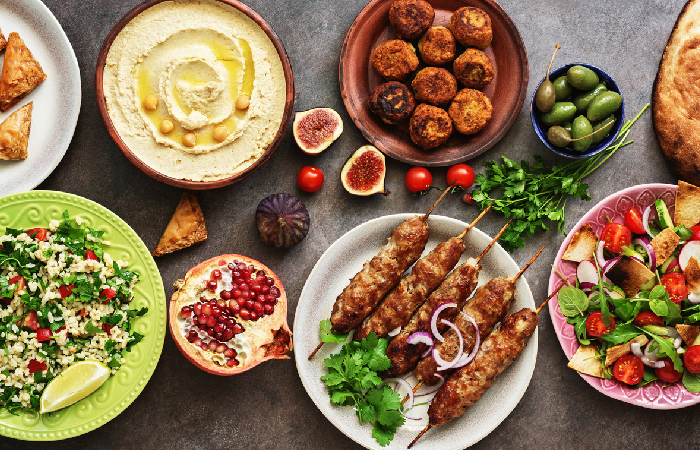
Halal Diet for Fitness Enthusiasts
For those who enjoy working out and recovering from their exercises, the halal diet provides a good starting point because it includes a wide variety of nutrient-rich meals. A balanced and varied diet that supports your exercise objectives is essential for a healthy and fulfilling Halal lifestyle. Do not be afraid to consult an expert if you want a customized plan made to fit your unique requirements and tastes.
The purpose of the halal meal plan is to maintain weight. It is nutritionally balanced. This is only an example plan; you should modify it to fit your particular daily schedule, lifestyle, and dietary preferences. Use this to give you an idea of what nutritious foods to include, but don't forget to vary food selections and to drink lots of water throughout the day.
Morning
- 200ml skimmed milk + 1 tsp sugar + high-fiber cereal (such as bran flakes, Shreddies, muesli, porridge, etc.)
- 200 ml of fruit juice
- Tea/coffee
Midmorning
- A handful of mixed nuts
- Fruit Drink
Lunch
- Homemade soup with vegetables
- 2 pieces of granary bread
- 2 slices of beef, turkey, or chicken
- Mixed salad with a tablespoon of sunflower seeds
- Yoghurt with less sugar and fat
- Health Drink
Midday
- 2 oatcakes
- Fruit Drink item
Dinner
- Daal, lean meat, or chicken breast
- Chapatti, potatoes, pasta, quinoa, couscous, and basmati rice
- Lots of vegetables, chickpeas, or a big salad
- Drinks
- 2-3 oatcakes and soft cheese that is low in fat
Halal Diet for Strength and Muscle Growth
Gaining muscle requires work in the kitchen as well as the exercise. It requires a mix of nutrition, cardio, and strength training. A diet that is well-balanced will promote muscle growth. Protein can be particularly beneficial during this stage. Depending on their genetics, way of life, and fitness goals, their requirements for protein will differ, but there are several halal foods that are always great options to consider.
In general, animal products are a great source of protein, especially lean meats like turkey and chicken. They provide a high-amino acid, low-fat meal alternative that helps support the development and repair of muscle. You can include fish, low-fat yogurt, plant-based milk, grains, lentils as well as eggs in your fitness diet plan.
Halal Food Options for Pre and Post Workout
Here are some tasty and easy Halal food suggestions for before and after a workout, arranged according to their unique advantages:
Pre Workout:
Carbohydrates:
- Dates and nuts in muesli
- Hummus and veggies served with whole-wheat pita bread
- Sweet potato paired with olive oil and cinnamon
- Roasted vegetables and lentils in a bowl of brown rice
Electrolytes:
- A tiny bit of sea salt mixed with coconut water
- smoothie made with bananas and spinach
- Slices of watermelon with feta cheese
Protein in moderation:
- Berry-topped Greek yoghurt with chia seeds
- Avocado toast paired with hard-boiled eggs
- Whole-wheat sandwich with tuna salad
Post Workout:
Protein and Carbohydrates
- Roasted veggies and grilled chicken breast
- Brown rice with cooked broccoli, paired with salmon
- Pairing whole-wheat bread with lentil soup
- Tofu scramble with onions and bell peppers
Hydration
- Drink plenty of plain water with slices of lemon
- Chocolate milk (verify if it's certified Halal)
- pieces of watermelon with mint
Simple & Quick Snacks:
Here are a few simple and easy to make snacks for your Workout:
- Almonds and dates
- Sticks of carrot with hummus
- Peanut butter on sliced apples
- Granola with honey paired with Greek yoghurt
- Nuts, seeds, and dried fruit in trail mix
Successful Athletes on a Halal Diet
Seeing successful Muslim sportsmen in real life can motivate them and give them useful advice on how to manage their religious obligations and athletic performance. Here are a few instances:
Mohamed Salah
Mohamed Salah, an internationally renowned football player from Egypt Mohamed Salah plays forward for both Egypt's national team and Liverpool F.C. He is well-known for his extraordinary agility, quickness, and goal-scoring ability.
Halal Diet:
Salah is a devout Muslim who exclusively consumes halal cuisine. The main components of his diet are carbohydrates from fruits and whole grains. Lean proteins like fish and chicken and healthy fats from nuts and avocados.
Supplement Information:
When it comes to supplements, Salah will most likely use protein powders and vitamins that have been certified as Halal, so he can be sure he's getting what he needs nutritionally without compromising his religious beliefs.
Khabib Nurmagimedov
Many people consider the retired Russian mixed martial artist Khabib Nurmagomedov to be among the best fighters in Ultimate Fighting Championship (UFC) history. Khabib is well-known for upholding Islamic customs, including as the Halal diet, as a devoted Muslim.
Halal Diet:
Khabib's diet is essential to his performance in athletics. He generally consumes a variety of fruits, vegetables, and healthy grains, along with lean meats that have been certified as Halal.
Supplement information:
Khabib is rumored to have utilized protein supplements with Halal certification for muscular building and recuperation. These products meet his halal dietary requirements as usual.
Muhammad Ibtihaj
A remarkable athlete, Ibtihaj Muhammad made history by being the first American Muslim woman to represent the United States in the Olympics while wearing a headscarf. She was an Olympic bronze medalist in the saber fencing competition in 2016 in Rio.
Halal Diet:
Ibtihaj eats halal food to sustain her intense training schedule. Her meals include a good ratio of fruits and vegetables to provide a wide range of vitamins and minerals, proteins for muscle building and repair, and carbohydrates for energy.
Supplement Information:
Similar to Salah, Ibtihaj uses supplements with Halal certification to increase her consumption of nutrients. Her increased nutritional needs are met in part by these supplements, particularly at times of rigorous training and competition.
These accomplished Muslim athletes demonstrate that following a Halal diet and lifestyle is compatible with retaining a high level of physical performance. Their success is fueled by their well-balanced, nutrient-rich, and Halal diets, which also enable them to uphold their religious convictions.
Fasting and Fitness in Islam
In Islam, the practice of refraining from eating, drinking, smoking, sexual activity, and everything that could potentially replace food and drink is called fasting, or roza or rōzah. The holy month of Ramadan is marked by fasting from sunrise to sunset. As the fourth of the five pillars of Islam, fasting is mandatory for Muslims during Ramadan, which is the ninth month in the Islamic lunar calendar.
Ramadan is anticipated to start in the evening on Sunday, March 10, 2024, and end on Tuesday, April 9, 2024, this year. The Islamic Calendar follows a lunar cycle, and while these are the projected expected dates of Ramadan, they can fluctuate from place to location based on moon sightings or lack thereof.
Maintaining Fitness Goals During Ramadan
People believe that Ramadan's fasting and sleep deprivation could be detrimental to your overall health. However, 90% of Muslims report that Ramadan improves their wellbeing, and 30% of them claim to be more productive during the month.
Indeed, one-fifth (22%) think Ramadan provides an opportunity to concentrate on their fitness objectives. What then needs to be remembered in order to maintain your level of fitness throughout Ramadan?
1. Eating is Essential for Energy and Upkeep
Anyone training during Ramadan should take into consideration the three 'Ts' of sports nutrition: total, type, and timing of nutrition intake. If you take these factors carefully, you will be able to maintain your performance levels."
The main guidelines for healthy eating still hold throughout Ramadan; the meal pattern just has to be modified. For instance, ensuring that carbohydrate levels are fulfilled each day and, consequently, energy levels are supported can be achieved by selecting foods high in carbohydrates during Iftar and Suhoor.
2. Know your Boundaries
You have to acknowledge that exercising vigorously when fasting is not feasible. To make sure you can stick to your timetable and keep pursuing your goals, review your existing training programme and include backup plans. Lowering the intensity can be achieved by adjusting various factors such as the number of sets, repetitions, and rest intervals for gym-goers, and the duration, distance, and speed for runners, cyclists, and swimmers.
3. Maintain a Substantial Protein Intake
You won't just keep up your fitness levels by eating carbs. Protein consumption must also be taken into account at both meals to guarantee that the daily goals for your body weight are reached.Since there will have been fewer eating chances, this may require higher protein servings to reach your overall objective. A protein shake smoothie is a great method to break the fast and meet these two nutritional goals.
4. Don't Overindulge Every Time
Naturally, you want to enjoy the celebrations and time spent with family during Ramadan, but don't forget to take care of your health and wellbeing as well.
While it may be tempting to celebrate your fast with a big, celebratory meal, maintaining a healthy diet is essential to ensuring that your training isn't compromised. Make sure you consume the appropriate amounts of macronutrients throughout Iftar and Suhoor.
Healthy Suhoor and Iftar Ideas for Optimum Energy
Here are some Delicious and Nutritious food ideas for your Ramadan 2024:
For Suhoor
Sometimes, especially if you're eating the improper food for Suhoor or skipping the pre-dawn meal, fasting all day can leave you feeling fatigued. An easy fast can be achieved by maintaining a healthy Suhoor, which will keep you hydrated and energetic throughout the day. We've compiled a list of wholesome foods you can have during Suhoor and Iftaar to maintain your energy levels.
Oats
Oats are a fantastic source of protein and are rich in fibre, which helps to slow down the body's release of energy and keep you fuller for longer. You may cook oats in milk with honey and luscious berries, or you can make a delightful oatmeal banana smoothie.
Peanut Butter
Peanut butter is the ideal Suhoor meal because it is high in protein and good fats. If you want to feel energized and full during the day, then mix your peanut butter with some sliced bananas. This soft fruit might also aid in reducing cravings throughout the day.
Eggs
Does anyone not enjoy eggs for breakfast? They taste great, are very high in protein, and satisfy your hunger in several ways. Eggs are a no-brainer when choosing meals for Suhoor. Eggs are a terrific method to feel satiated for longer because they are high in minerals and vitamins.
Avocados
Your entire Suhoor meal should revolve around this rich, creamy fruit. Rich in fibre, avocados can help with weight loss and lower blood sugar rises. A simple avocado can be mashed and served with a squeeze of lemon juice and a sprinkle of olive oil on whole wheat toast.
Fava Beans
A classic Suhoor meal from the Arabic cuisine, fava beans are commonly referred to as "foul" by Arabs. This delicious recipe, which is low in fat and high in protein and fibre, is a must-have on any Suhoor table. You have two options: buy them canned, or cook them yourself and top with a little lemon juice, olive oil, and tomatoes if you want to go the additional mile.
For Iftaar
Since iftar is when you refuel, try to eat something from each of the three main dietary groups: fruits and vegetables, meat and its substitutes (dairy included), rice and its alternatives.
Vegetables and fruits
The Health Promotion Board (HPB) suggests eating two servings of fruit and two servings of vegetables each day. Ensure that each of your two meals includes one serving of fruit and one serving of vegetable. Dates are traditionally consumed at the beginning of Iftar during Ramadan to represent the breaking of the fast. Dates are a great source of energy and are also high in potassium, which supports healthy muscle and nerve function. But because dates are heavy in sugar, don't eat too many of them!
Rice and substitutes
Complex carbs like wholemeal bread, brown rice, and wholegrain noodles give the body energy, fibre, and minerals. They offer more consistent and long-lasting energy levels than sweets and fast-burning desserts.
Meats and substitutes
Include foods high in protein, such as fish, eggs, lean meat, skinless chicken, lentils, and low-fat dairy products.
Integrating Fitness into a Halal Lifestyle
Everyone should strive to live a healthy and fit lifestyle, and adopting a Halal diet is an excellent method to accomplish this. A Halal diet comprises of permitted items that Muslims can consume in accordance with Islamic dietary standards. These rules encourage the consumption of healthful, pure foods that are good for the body and mind.
Balancing Spiritual, Physical and Mental Health
Everyone should strive to live a healthy and fit lifestyle, and adopting a Halal diet is an excellent method to accomplish this. A Halal diet consists of permitted items that Muslims can consume in accordance with Islamic dietary standards. These rules encourage the consumption of healthful, pure foods that are good for the body and mind. Here are some ways by which you can balance your Spiritual , Physical and Mental health:
-
Prioritize self-care: Take care of your physical body by exercising regularly, eating a nutritious and halal diet, and getting enough sleep. Nurturing your physical health can boost your overall well-being and provide a firm foundation for spiritual development.
-
Practice mindfulness and meditation: Make mindfulness and meditation a part of your daily routine. Try making time for Dhikr and Tilawat while you meditate. This can help you relax, reduce tension, and reconnect with your inner self. It allows you to develop your spiritual consciousness and find inner peace.
-
Find pastimes: Find pastimes that you enjoy and incorporate them into your everyday routine. You can invest time in learning different sports like archery, horse riding and martial arts. Hobbies, spending time outside, and pursuing artistic pursuits can nourish your spirit and give you a feeling of purpose.
-
Seek knowledge and wisdom: Investigate spiritual beliefs, philosophies, and practices that appeal to you. Read the Holy Quran, listen to your favorite scholar, or join study groups to have a better grasp of the spiritual realm. Seek advice from spiritual mentors or teachers who can help you on your journey.
-
Cultivate meaningful relationships: Surround yourself with individuals who encourage and inspire you on both physical and spiritual levels. Engage in meaningful discussions, share your experiences, and connect with others who share your values and interests. Meaningful interactions can foster a sense of belonging and spiritual progress.
-
Set and reflect on your intentions: Set goals for your physical and spiritual progress on a regular basis. Reflect on your progress, learn from your mistakes, and make modifications as needed. Self-reflection enables you to connect your activities with your ideals and stay focused on your goals.
Conclusion and Future Perspectives
Everyone should strive to live a healthy and fit lifestyle, and adopting a Halal diet is an excellent method to accomplish this. Halal eating is an important component of Islamic culture and is directly related to Muslims' faith. Muslims must consume halal food, and eating haram (forbidden) food is considered a sin.
The halal diet is essential for health and safety reasons. The halal food criteria, such as the use of clean utensils and correct meat handling, contribute to the dish's safety and healthfulness. The value of a halal diet goes beyond its physical benefits. It is a way of life based on religion, respect, and a desire to live a balanced and healthy lifestyle.
While halal principles provide a framework for healthy choices, personal responsibility and educated judgments are essential for achieving peak fitness and well-being. Accept the joy of halal eating, discover its rich landscape, and feel the peace it provides to your physical and spiritual journey.
So, follow the path of halal fitness, guided by faith, nourished by nutritious food, and motivated by the desire for a healthy and fulfilling life. May your journey be as exciting and rewarding as the delicacies on your plate!


